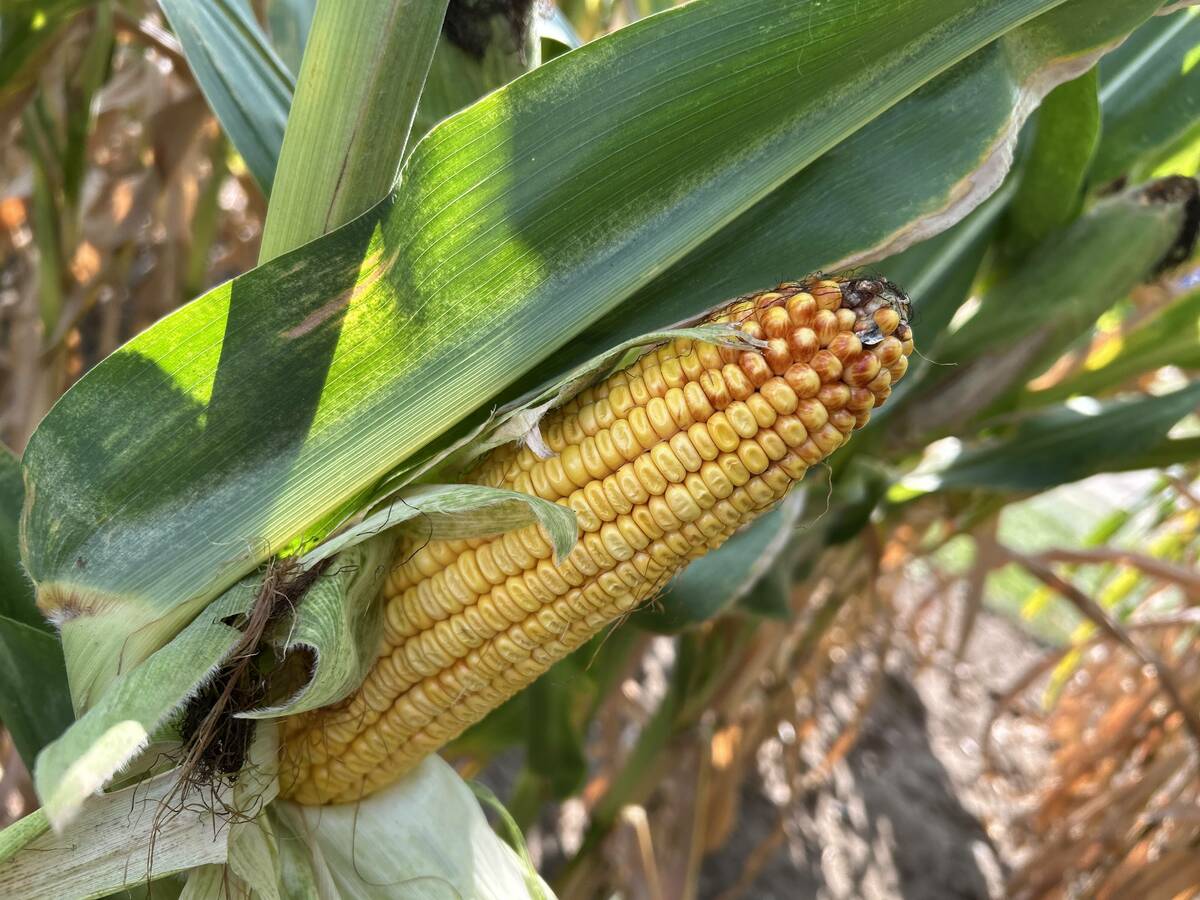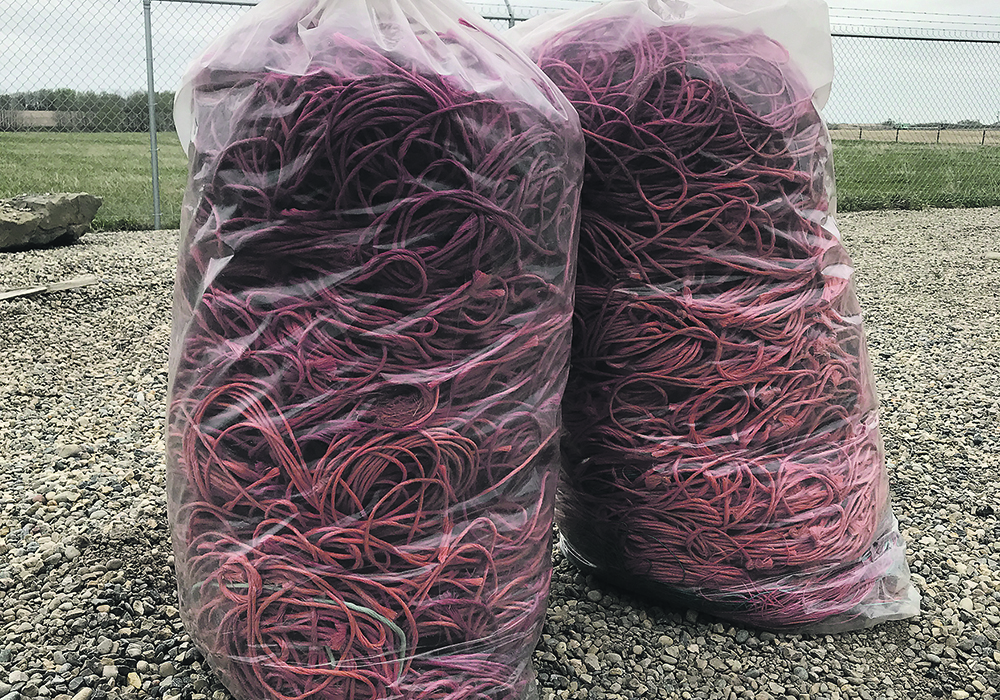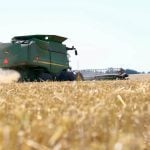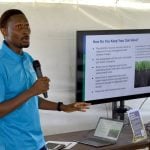Cleanfarms wants a program in Manitoba, saying farmers there generate about 1,400 tonnes of agricultural plastic waste a year
Cleanfarms has launched a baler twine recycling pilot project in Saskatchewan and is consulting on a permanent agricultural plastic waste recycling program in Manitoba.
The organization says it wants to transition Manitoba’s pilot project into a permanent, province-wide program in 2021.
The first draft of its plan to do so is available on its website, and Cleanfarms is inviting comments until Jan. 12.
Funding would be through an environmental handling fee collected by companies that supply grain bags and twine at time of purchase.
Read Also

Crop estimates show mixed results
Model-based estimates used by Statistics Canada showed the 2025/26 crop year has seen increases in canola, corn for grain, oats and lentils production while seeing dips in spring wheat, durum wheat, soybeans and barley in comparison to 2024/25.
The plan is based on data from the pilot and on best practices from similar programs in other provinces. Cleanfarms said data suggests Manitoba farmers generate about 1,400 tonnes of ag plastic waste each year.
Farmers returned 51 tonnes of plastic in the 2019 pilot program, up from 34 tonnes the previous year.
“Grain bags and twine are valuable tools that farmers use to grow food and to operate their farms more efficiently. However, these materials can be difficult to manage effectively at end of life,” said executive director Barry Friesen.
Cleanfarms wants to harmonize the ag waste recycling programs across the Prairies.
In Saskatchewan, the organization announced its intention to add twine collection at 30 depots where it already collects grain bags.
Farmers use an estimated 1,100 to 1,300 tonnes of twine each year. They will be asked to shake as much snow and debris off the twine as possible and place it in a clear collection bag, available from the collection sites. The twine should not be knotted.
The pilot project does not include net wrap or netting, fibre twine, nylon rope or bale and silage wrap.
Friesen said that after grain bags, twine represents the most important focus for Cleanfarms.
“Getting it out of landfill and burn piles and into recycling bags has been a Cleanfarms goal for the past few years,” he said.
The pilot will help determine how to create a circular economy for twine recovery, Friesen said.
A grower survey is underway as part of the Cleanfarms objective for a zero-plastic waste strategy for agriculture. It asks about current practices and attitudes about disposal for different ag plastics.
Pilots are already operating in Quebec and are expected to be launched in 2021 in the northern interior of British Columbia and parts of Alberta, Ontario and Prince Edward Island.
Information on the programs and the locations of the collection sites can be found at cleanfarms.ca.
















